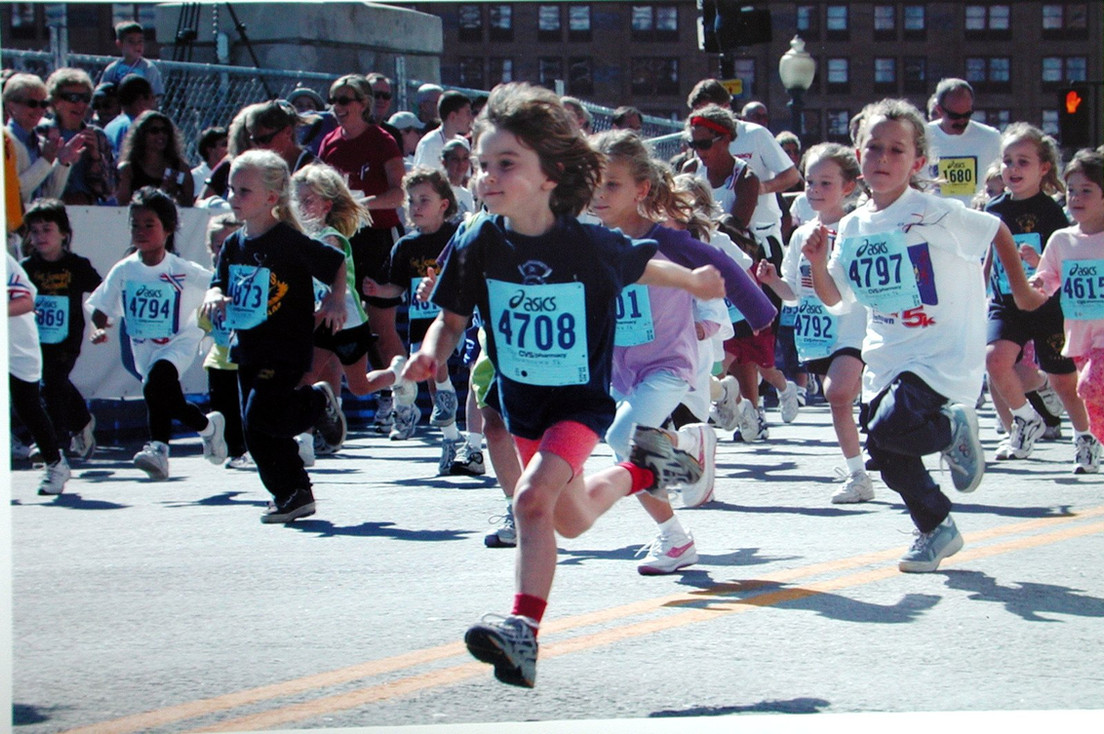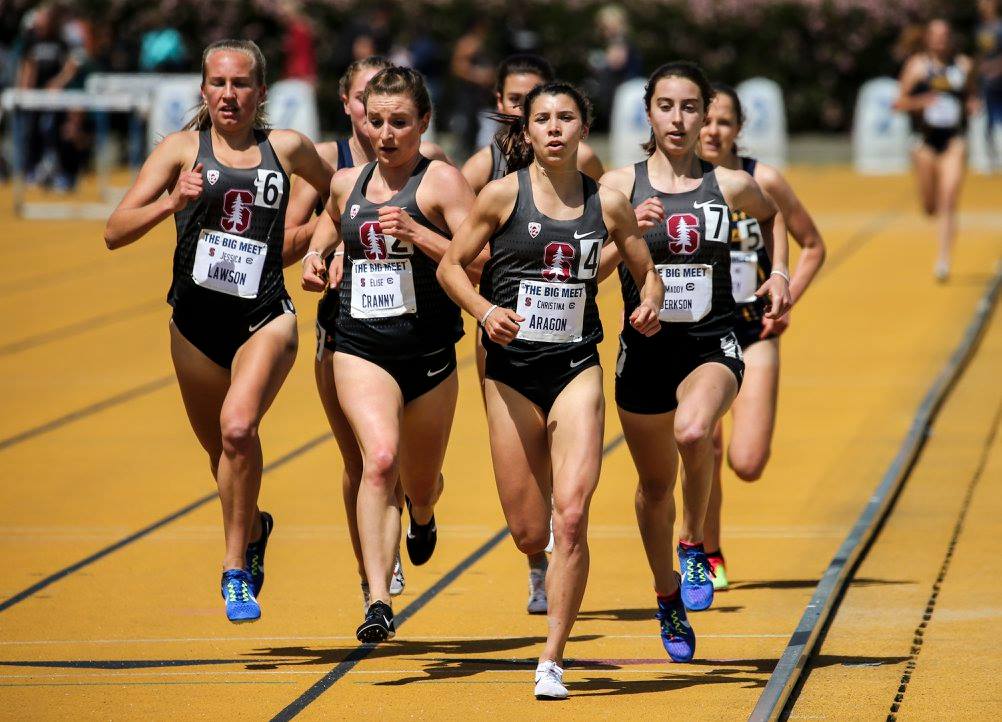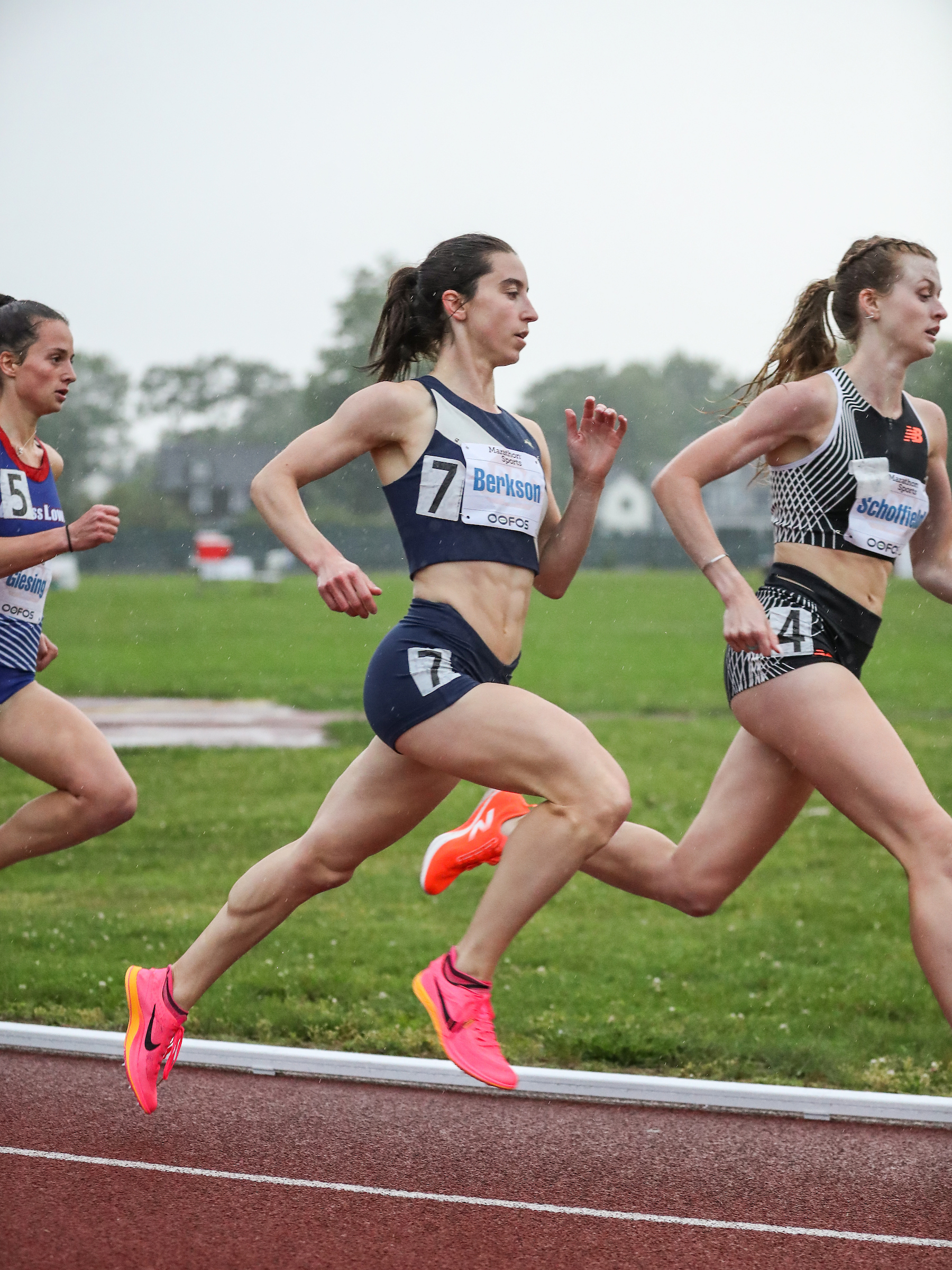I quit my mechanical engineering job to train for the US Olympic Trials in Track
Frequently Asked Questions
-
Do I get paid for running?
I haven't historically made a profit but I make money by: winning prize money from races, being paid to pace races, having travel or lodging paid for by races, receiving gear from apparel sponsors like Tracksmith. In 2023, I spent around $6,000 on running-related travel. I received around $6,000 of value by way of the aforementioned perks.
-
How can I afford to do this?
- I don't have student debt, thanks in part to a running scholarship in college.
- I lived with my parents for 2.5 rent-free years after college.
- I worked as a full-time engineer for 5 years.
- I'm prepared to spend around 10-15% of my savings on this little venture.
-
What are my odds of qualifying for the Olympic Trials?
Pretty good. I missed qualifying for the most recent Olympic Trials in 2021 by 2 seconds in the 1500m and 0.6 seconds in the 800m. I qualified for the 2022 and 2023 National Championships (which are the Trials every 4 years) in at least one event. For the 1500m, the Trials will accept the top 30 fastest people in the country over the past year. I want to not only qualify for the Olympic Trials but to be competitive there e.g. make the final of three rounds. The top 3 finishers from the final round of each event at the Olympic Trials qualify for the Olympics.
-
What are my odds of qualifying for the Olympics?
Slim. Most track Olympians are full-time professional athletes who have been singularly focused on training for the Olympic Games for years, and who are paid to do so. They're usually paid by big shoe companies such as Nike, New Balance, Adidas and live in places that physiologically support their athletic goal; the best American distance runners live at high-altitude locations such as Boulder, CO and Flagstaff, AZ. By quitting my job, I hope to close some of the gap between me and these professionals.
-
What are my goals for this period of unemployment?
Running goals (in order of priority):
- Qualify for the final round of the 1500m at the Olympic Trials
- Run 4:05 for the 1500m (current best is 4:10)
- Run 2:00 for the 800m (current best is 2:03)
Other:
- Finish a software project I've been working on on and off for a few years. The software helps identify causes of chronic stomach pain. I used it on myself to alleviate my stomach pain.
For reference, below is a plot of my season best times in the 1500m since 2010. To qualify for the Olympic Trials, you probably need to run 4:08. To qualify for the final round of the Olympic Trials you probably need to run under 4:05. To qualify for the Olympics, you need to run sub-4:00.
-
What do I do for training?
I run around 50 miles per week. I lift weights (ideally) 2 days per week. I do Olympic lifting like squats and cleans because a while ago I read that that helps increase running power. For the most granular level of training detail you can follow me on Strava, on which I post daily. Otherwise, here's a summary of a typical week of training:
Monday50-60 minutes of easy running (heart rate: 140-150 bpm) + a few stridesTuesdayTrack workout consisting of e.g., 3 miles worth of intervals between 800m pace (4:00 / mile) and 5k pace (5:10 / mile)Wednesday70 minutes of easy running + weightliftingThursdayTwo runs, one of the runs includes sprinting in spikesFridayOffSaturdayThreshold workout e.g., 4-6 miles of mostly continuous running at 5:20 - 5:40 / mile pace, depending on time of year. Weightlift if time and energy allow (hopefully more often during unemployment)SundayLong run of 80-100 minutes. Sometimes it's easy effort (<150 bpm), other times it's medium (150-170 bpm)In the scheme of things, this isn't much training. Maybe 90 minutes average per day. I'm encouraged by how much I've improved with this relatively minimal training. There is a lot more I could be doing, that professionals are doing, and that I'll add during the next 6 months. Here are some of them:
- Yoga a few times per week. Seems good for hamstring and hip mobility.
- Consistently more sleep. 9 hours per night.
- Running at optimal times of day e.g., when weather is best, when hormone levels are best, when I most feel like it. No more running on the icy public track at night by myself.
- Foam rolling / massage gun
- Optimizing nutrition e.g., eating more carbs throughout the day, drinking more water, proper timing of protein around exercise, etc.
- Using the sauna for heat training.
- More doubles - two runs per day to increase overall mileage, two workouts per day to fit more high-quality aerobic training into the week. Double workouts are in vogue these days.
- Improving the mental game. Not having my willpower sapped for 8 hours per day is a good start. Meditation, practicing positive self talk, etc. will also help.
- Professional runners often mention "treatment". As in, "I ran and then got treatment". I don't know exactly what this means but I think it's some combination of getting massage, acupuncture, physical therapy, cupping, getting wrapped in Kinesio tape, etc. I probably won't be doing these things because I don't know their purpose and/or they seem expensive.
- In general, doing everything slightly better. Not rushing the warm up to a workout, always ingesting a bolus of carbs before running, mentally preparing before a hard effort.
-
Who do I train with?
Usually nobody. The elite groups in Providence train during "business hours" so historically I haven't been able to join them. Solo training gets to be a motivational problem at certain times of years (like the long, dark New England winter), so I'm always eager to have company. Over the last few weeks, I've joined the Battle Road Track Club for indoor track workouts in Boston. The warmth (both in temperature and club affect) makes the hour nighttime drives very much worth it. Running in group workouts is one of my favorite things, and I hope my new flexibility will allow more of it.
-
Why did I do this?
In general, I've been feeling unsatisfied by spreading my energy across a few intense things - full-time engineering job, elite running, close relationships with family and friends. I got tired of rushing: rushing from work to workouts, skipping runs, not staying at work late to finish something interesting in order to run, being busy when my sisters are in town etc. I'd like to do a better, more focused job at fewer things and, to this end, I chose to excise work. I was also inspired by the episode Annie Duke thinks you should quit on Steven Levitt's podcast. I am fortunate to have the means to pursue amateur running full-time, and there is a biological time limit on professional running that doesn't exist in professional engineering. I also have a sense that I don't take enough risks.
-
Let me know if there's anything specifically you're wondering about. Otherwise, I'll write newsletters on topics of my choosing.
-
Photos, top to bottom:
- En route to winning the 2001 CVS kids race in Providence
- Racing the 800m at the 2012 New England High School Championships (credit: Doug Austin)
- Running up Mt. Kearsarge with family in the summer of 2015
- Racing the 1500m with Stanford teammates in 2018
- En route to my current 800m best of 2:03.02 in June 2023 (credit: Kevin Morris)





